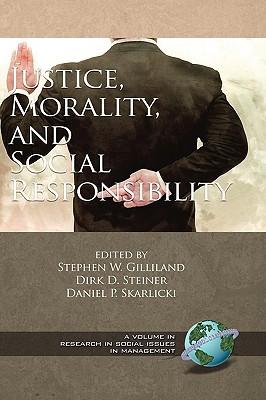 For example, social justice is the notion that everyone deserves equal financial, political, and social alternatives irrespective of race, gender, or religion. Morality is firstly an unwritten code of conduct in social contexts, which evaluates one’s personal actions with regard to its motives and conclusions – and this once more in the mirror of the behavioural expectations of the respective district group.
For example, social justice is the notion that everyone deserves equal financial, political, and social alternatives irrespective of race, gender, or religion. Morality is firstly an unwritten code of conduct in social contexts, which evaluates one’s personal actions with regard to its motives and conclusions – and this once more in the mirror of the behavioural expectations of the respective district group.
There’s so to talk, a division of labour, below which rights, alternatives, and materials advantages of various varieties are allotted by rules of justice, while the conversion of those into models of utility (or disutility) is the accountability of each particular person recipient (see Dworkin 2000, ch. 1). Utilitarians will therefore find it arduous to elucidate what from their standpoint appears to be the fetishistic concern of justice over how the means to happiness are distributed, somewhat than happiness itself.
In this, it’s related to the legal guidelines of physics: in the same way because the Third of Newton’s legal guidelines of Motion requires that for each action there have to be an equal and reverse reaction, justice requires according individuals or teams what they actually deserve, benefit, or are entitled to. quotation needed Justice, on this account, is a universal and absolute idea: laws, ideas, religions, and so on., are merely attempts to codify that idea, sometimes with results that totally contradict the true nature of justice.
Applying the distinction principle does require making comparisons, however these are comparisons between the results of various social establishments – say completely different tax legal guidelines, or alternative ways of defining property rights – not between individual people and the quantities of profit they are receiving.
1947 The equal dignity of human individuals requires the hassle to reduce excessive social and financial inequalities. The standard view of normal justice”, as the political theorist Judith Shklar known as it, involves represent the interests of some, usually a comparatively privileged few, whereas neglecting those of others.

